GENERAL SECRETARY NGUYEN VAN LINH AND THINGS THAT NEED TO BE DONE IMMEDIATELY
When journalism is the source of innovation
LE THO BINH
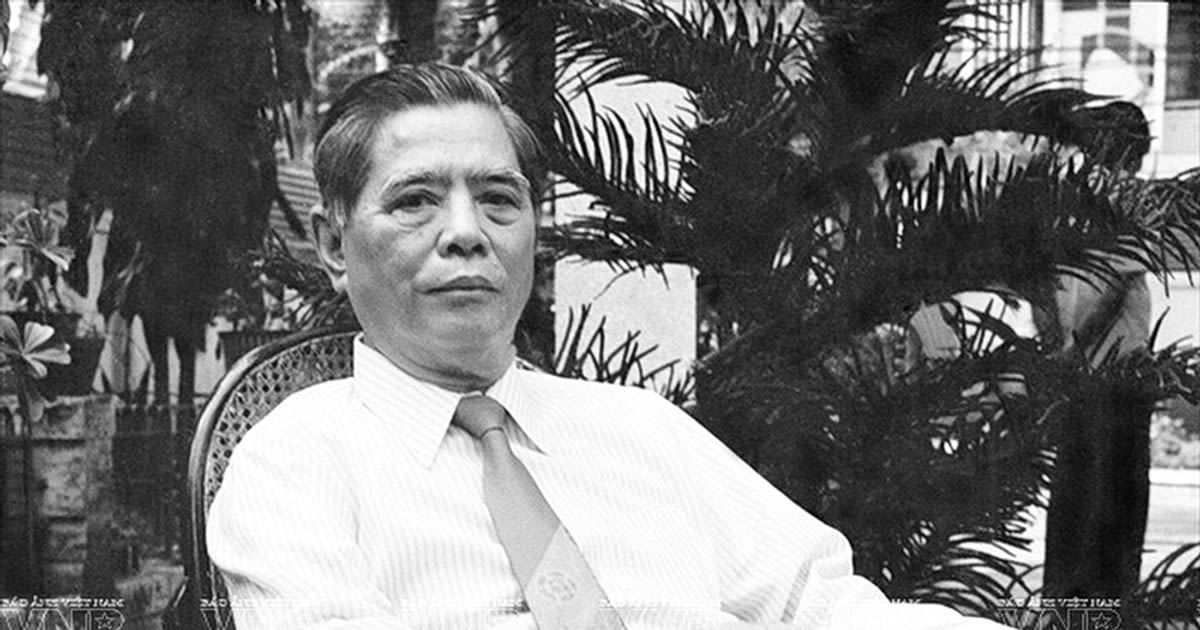
“Things to do immediately”
On May 25, 1986, on the front page of the People's Army Newspaper, there was an article reflecting negative news that shocked public opinion at that time. The article by journalist Ngoc Nien, titled "Negative incident at Bien Hoa Sugar Import-Export Company" pointed out and named the wrongdoings in a state-owned enterprise. Not only showing courage, the article was like a spark that ignited the dry straw of the trust that was being eroded in the hearts of the people.
From that milestone, the atmosphere of reform in the press and social life was quickly aroused. Exactly one year later, Nhan Dan Newspaper, issued on May 25, 1987, published the first article in the column “Things to do immediately” under the title “Speak and act”, pen name NVL. This pen name, as General Secretary Nguyen Van Linh himself shared, is an abbreviation of three simple but resolute words: Speak and Act.

Article by comrade Nguyen Van Linh in Nhan Dan Newspaper published on May 24, 1987.
The article reflected the stagnation, bureaucracy, and negativity in the economic and social management of that period and called for real action, not just slogans. It immediately created a great resonance in society and became a symbol of the spirit of Renovation.
The opening articles of the series such as “Read and think”, “Find faith”, “Don’t forget this”, “I want to ask”, “Must find the truth”, “How to make people believe”... mark the public appearance of a new leadership style: Dare to look straight at the truth and dialogue directly with the people through the press.
His articles were concise, not flowery, but straightforward and full of weight. The article “We must be ashamed to let people suffer for so long” criticized the stagnation in agricultural reform. The article “Now is the time to speak frankly” demanded the handling of economic violations in state-owned enterprises. The article “Fighting against negativity is not only by slogans” pointed at formalism and the problem of “selective fighting against negativity”. There were articles with only a few hundred words, but the names of people, cases, and addresses of violations were clearly stated. That was something rarely seen in a mainstream newspaper before.
Symphony of the Reformed Spirit
The press atmosphere at that time was as vibrant as a grand symphony. Every early morning, from the gate of the Vietnam News Agency, the editorial offices of Nhan Dan Newspaper, Quan Doi Nhan Dan Newspaper to the newsstands in Hanoi, Ho Chi Minh City, Da Nang, Can Tho..., people lined up to buy newspapers that still smelled of ink. Bicycles carrying newspapers whizzed like shuttles through the streets. Newspaper offices in Ho Chi Minh City - especially Tuoi Tre, Sai Gon Giai Phong, Phu Nu Thanh Pho Ho Chi Minh... - opened representative offices in Hanoi one after another to "post" at the information hub, closely following the decisions from the Party Central Committee to the Government, from the National Assembly to people's lives.
During the time when Comrade Nguyen Van Linh was General Secretary, the press was “unleashed”. He himself said: “Let artists and journalists speak the truth, write the truth. If they are wrong, then give your comments, and if they are right, then correct them!”
A series of investigative articles, reports, and journalistic essays that shocked society appeared, contributing significantly to changing policies and social awareness. It is impossible not to mention the profound articles of journalist Huu Tho, Editor-in-Chief of Nhan Dan Newspaper at that time, who directly directed and wrote many works reflecting corruption and negativity in land reform and cooperative management such as the series of articles "Need to return land to the people - Old mechanism gives birth to old relationships" (Nhan Dan Newspaper, 1989), which called for removing constraints in collective agricultural management.
Let artists and journalists speak and write truthfully. If they are wrong, please comment. If they are right, please correct them!
General Secretary Nguyen Van Linh
Also in Nhan Dan Newspaper, journalist Le Phu Khai with the series of reports “I go looking for the rice book” and “The Delta is waiting for the reform rain” delved into the reality of farmers’ lives in the West, where injustices in agricultural taxes, policies of blocking rivers and banning markets, and the mechanism of asking and giving have caused farmers to fall into poverty despite living on fertile land.
The People's Army Newspaper was not left out of the reform movement. Journalist Nguyen Thanh Le, with his articles “The Story of the Bamboo Bridge in the Barracks” (1988) and “The Lake of Tears in the Military Base” (1989), condemned the unjust bureaucratic management in military farms and forestry farms, where poor people were forced into labor and exploited under the name of “building the national defense economy.”
In Ho Chi Minh City, the Saigon Giai Phong Newspaper became a strong forum for social criticism. Articles such as “The tax burden” in remote areas by journalist Bui Van Long, “Floating markets without buyers” (1989), “Rice grains drifting according to permits” (1990) exposed the reality of farmers in the Mekong Delta having to sell unripe rice, being forced to pay low prices due to the outdated system of traders and floor price policies.
Tuoi Tre newspaper, under the leadership of journalist Vu Kim Hanh, continuously published investigative articles that created a big buzz such as "Nameless Cooperative", "The man who cycled for three days just to get a temporary leave certificate" and the series "Rice and Tears" (1990)... The reality these articles pointed out forced authorities at all levels to review the formal cooperatives, dissolve hundreds of "ghost" units and carry out reforms, granting land to farmers.
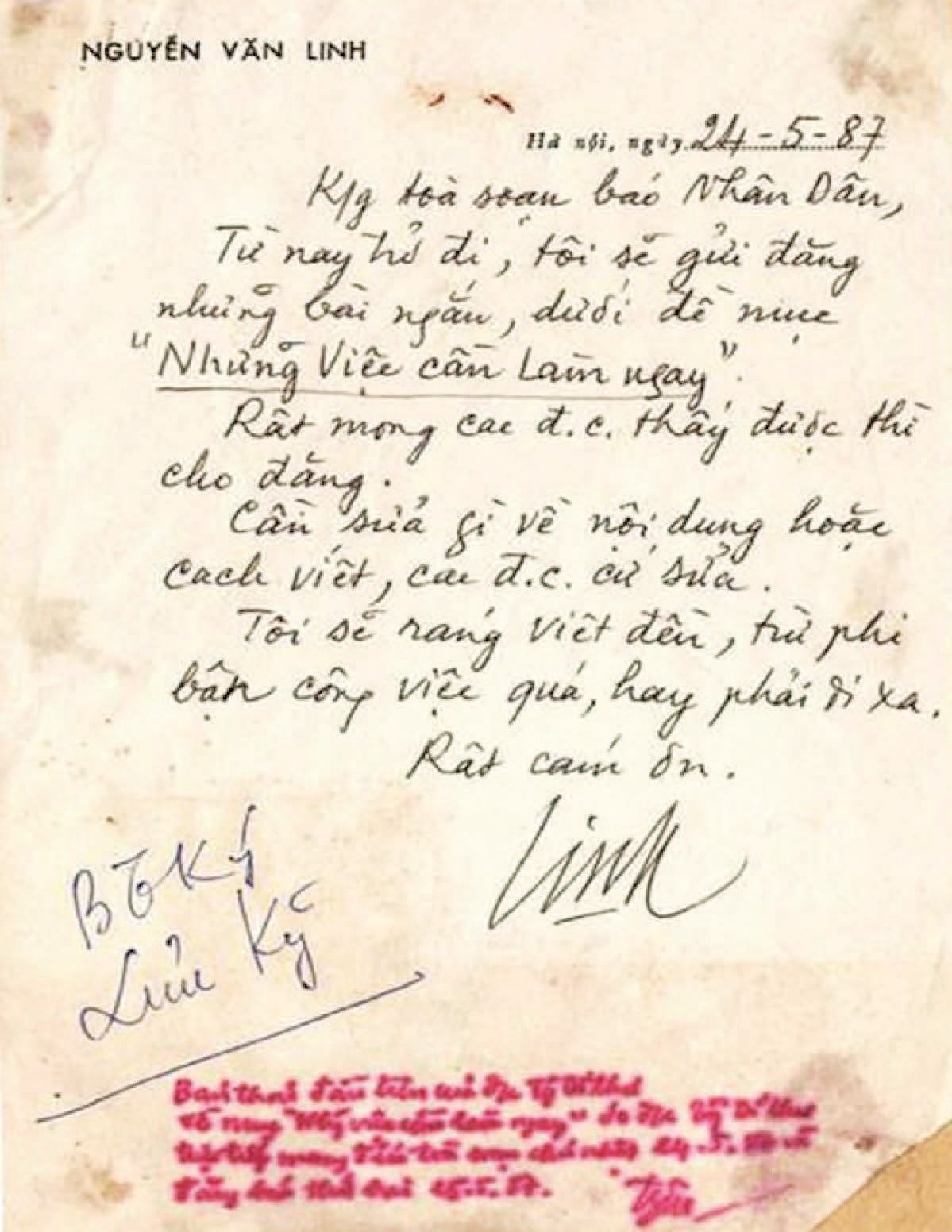
Letter from General Secretary Nguyen Van Linh to the Editorial Board of Nhan Dan Newspaper regarding the series of articles "Things that need to be done immediately".
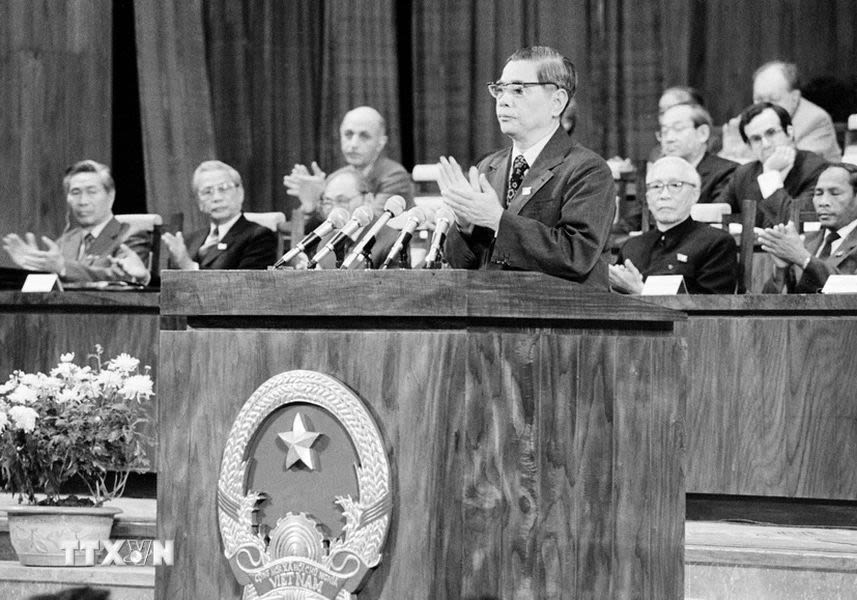
It is also necessary to mention the famous journalists who left their mark during this period. Do Phuong, later General Director of Vietnam News Agency, participated in writing sharp editorials (in Nhan Dan Newspaper) on administrative reform and democratization within the Party; Tran Mai Hanh (in Cong An Nhan Dan Newspaper) had many articles on judicial reform, including the series "Memories of a wrongful conviction" that shocked public opinion; Phan Quang (in Nguoi Lao Dong Newspaper) with the series of reports "From Dong Thap Muoi to the land of death" painted a tragic picture of farmers during the mechanism transition; Nguyen The Ky (Nghe An Newspaper, later Deputy Head of the Central Propaganda Department) with articles in the early period of renovation in the central countryside such as "A crop-skim season in Quy Chau"...
Those writers, through their dedication, have entered into real life, turning newspapers into "courts of public opinion" to attack bureaucracy and stagnation, bringing the voices of the people - especially farmers - to the newspapers, forcing the political system to adjust, listen and reform.
Along with journalism, innovative literature, especially literature printed on paper, has breathed new life into the thinking of cadres and people.
In 1987, Van Nghe Magazine published the short story “Retired General” by Nguyen Huy Thiep. The work re-examined the image of the revolutionary hero with a naked and humanistic view. This was an important milestone, when a writer dared to ask the question: Does the revolutionary ideal retain its value in old age, when it collides with practical life?
In the same year, Tran Quang Huy published “The Story of the Tire King” in Van Nghe Newspaper, reflecting the tragedy of Mr. Nguyen Van Chan, a craftsman in Hanoi, who was convicted and had his property confiscated for doing business outside the subsidy mechanism. This memoir is not only an excellent work of journalism but also a strong voice of criticism, contributing to promoting the Renovation process in Vietnam.
In 1989, the memoir “The Kneeling Woman” by Nguyen Khac Phuc caused a public uproar. The main character, a mother from the central region, knelt down to beg a commune official to let her child go to school because she had no household registration or basic citizenship certificate. The work was a direct “punch” to the harsh administrative management system at that time. Not long after, the universal education and household registration policies began to be considered for relaxation.
It is impossible not to mention “That night... what night?” (1988) by Phung Gia Loc, a masterpiece of journalistic writing recounting a night of forced tax collection in a village, which offended and angered the people. The work caused a stir. General Secretary Nguyen Van Linh requested an investigation into the incident and not long after that the policy of “leveling agricultural tax” was abolished.
It is worth mentioning that the editorial offices at that time were not “fighting alone”. They received direct support from the Party Central Committee, especially from General Secretary Nguyen Van Linh. He himself repeatedly called and sent letters praising the editorial offices, encouraging the “correct and accurate” articles. In a press conference at the end of 1989, he clearly stated: “Fighting negativity without the press is like fighting an enemy without information. The press must take the lead.”
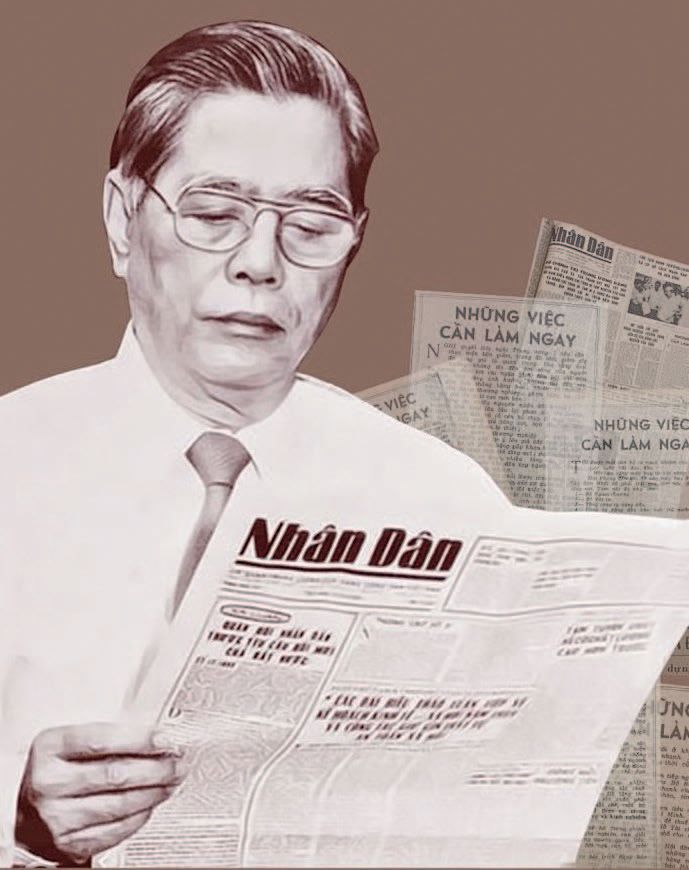
Fighting negativity without the press is like fighting a war without information. The press must take the lead.
Content: LE THO BINH
Presented by: NGOC TOAN
Nhandan.vn
Source: https://nhandan.vn/special/Tong-Bi-thu-Nguyen-Van-Linh-khi-bao-chi-la-khoi-nguon-cua-Doi-moi/index.html






![[Photo] Cutting hills to make way for people to travel on route 14E that suffered landslides](https://vphoto.vietnam.vn/thumb/1200x675/vietnam/resource/IMAGE/2025/11/08/1762599969318_ndo_br_thiet-ke-chua-co-ten-2025-11-08t154639923-png.webp)



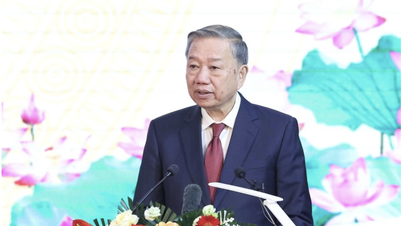
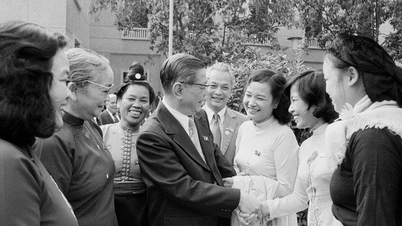

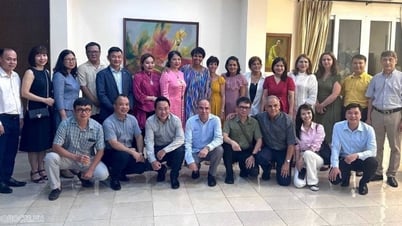

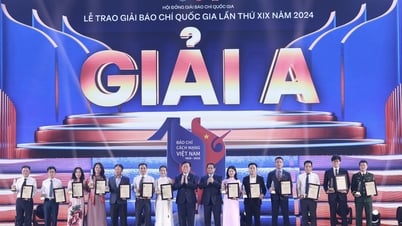

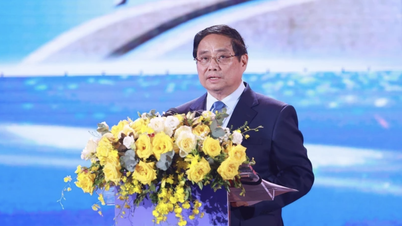














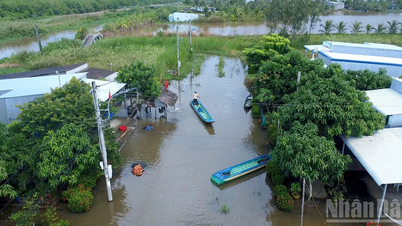


![[Video] University of Foreign Languages - Vietnam National University, Hanoi received the First Class Labor Medal](https://vphoto.vietnam.vn/thumb/402x226/vietnam/resource/IMAGE/2025/11/08/1762614378165_gen-h-z7203450341291-b1f427bb0cccc706a5bcc4b985f90a70-7234-jpg.webp)









![[Video] Hue Monuments reopen to welcome visitors](https://vphoto.vietnam.vn/thumb/402x226/vietnam/resource/IMAGE/2025/11/05/1762301089171_dung01-05-43-09still013-jpg.webp)













































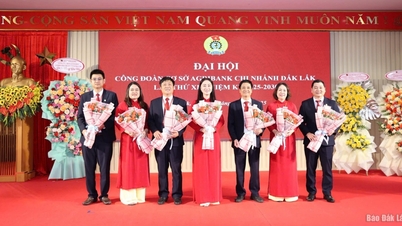



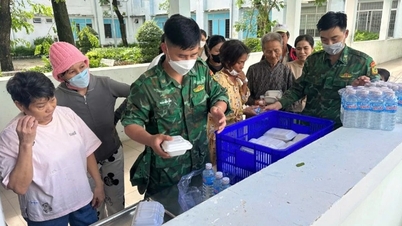















Comment (0)